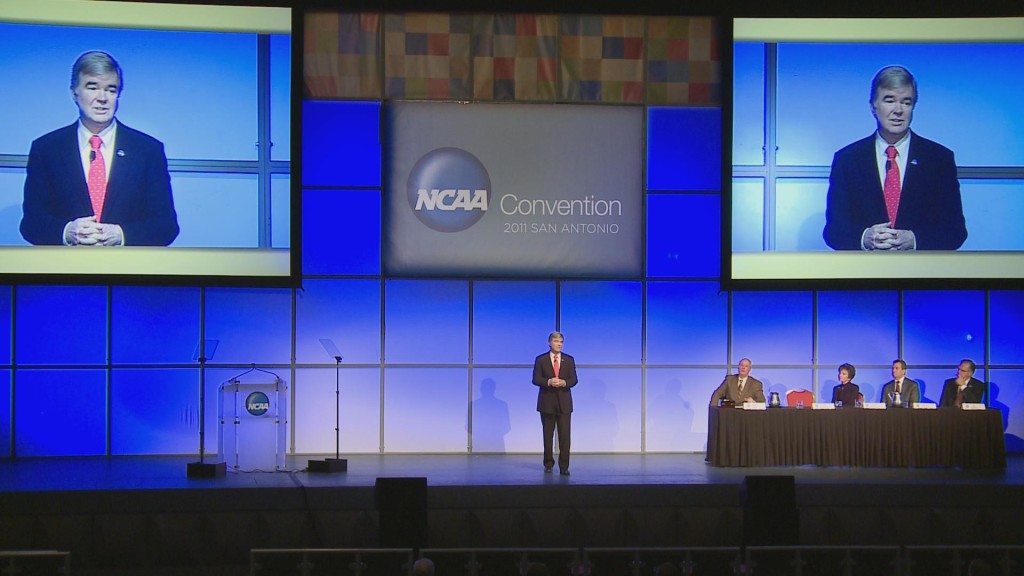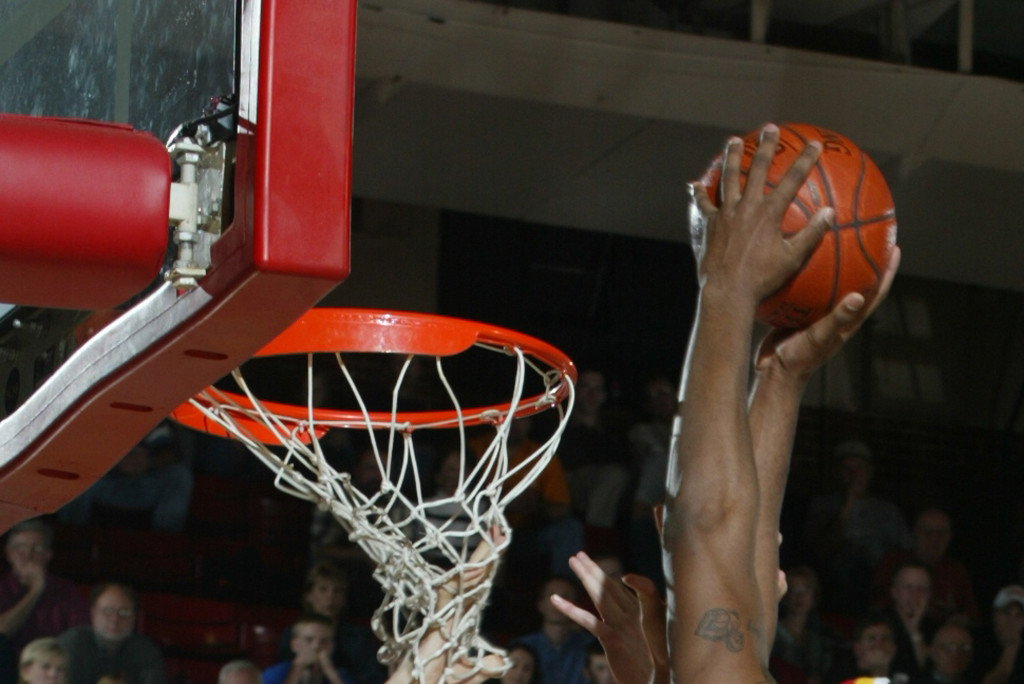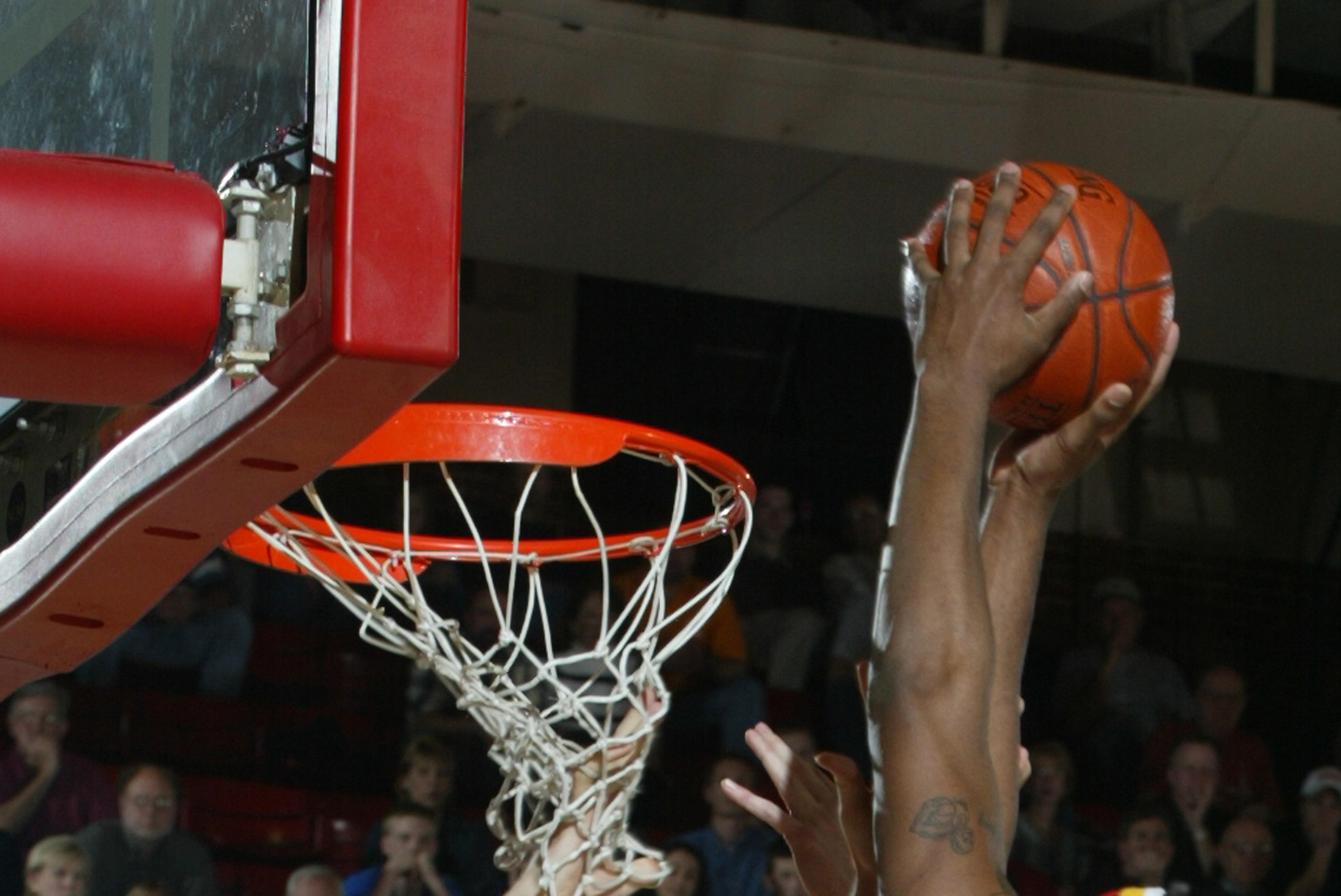A New Window Into the NCAA President’s Earnings

July 13, 2012
Share
When FRONTLINE correspondent Lowell Bergman interviewed NCAA president Mark Emmert for our March 2011 film Money and March Madness, there was one issue in particular Emmert refused to address.
“Well, we don’t discuss my salaries, but I’m well compensated, like many people,” he said.
Now we know how much Emmert made during his first three months as president: about $400,000, according to tax data obtained by USA Today. This number, consisting of pay between October and December of 2010, includes Emmert’s base salary, retirement and deferred compensation, other reportable compensation and nontaxable benefits.
We won’t know how much he makes annually until complete tax documents are made available, though USA Today speculates that Emmert’s salary could reach almost $1.6 million per year.
The issue of compensation in the NCAA, which operates as a nonprofit umbrella organization with about 450 employees, is particularly controversial because of the disparity between how much top coaches and league higher-ups make compared with how much Division I basketball and football players make: not much, save for either multi-year or one-year scholarships with the option of renewal, depending on the preference of the school.
Emmert says that 90 percent of the league’s annual revenue — which includes its 14-year, $10.8 billion contract with CBS and Turner Sports to broadcast March Madness — comes from the basketball tournament and goes towards paying for other NCAA sports that don’t make a profit.
For the league president, the compensation disparity boils down to one of the core tenets of the NCAA: “The fact is, they’re not employees. They’re student athletes,” Emmert told FRONTLINE. “I think what would be utterly unacceptable is, in fact, to convert students into employees.”
Many have disagreed, including Taylor Branch, who wrote a scathing piece on the topic last year in The Atlantic. And nearly two dozen former NCAA student athletes have filed a class-action lawsuit charging the league with violating antitrust laws by requiring student athletes to sign away rights to their image and likeness for life.
According to a 2011 study by the National College Players Association, an advocacy group for college athletes, the fair market value of top NCAA basketball player is more than $200,000.
The NCAA told USA Today that a special committee sets NCAA executive salaries and that the “committee employs an independent third party to conduct a market survey of like positions.”
“As a result,” the league says, “NCAA executive salaries are commensurate with comparable executive positions.”
For more on the debate over money and the future of NCAA athletics, watch our film Money and March Madness, and read our interview with sports economist Andrew Zimbalist.
Updated July 13, 2012
Related Documentaries
Latest Documentaries
Related Stories
Related Stories
Explore
Policies
Teacher Center
Funding for FRONTLINE is provided through the support of PBS viewers and by the Corporation for Public Broadcasting, with major support from Ford Foundation. Additional funding is provided the Abrams Foundation, Park Foundation, John D. and Catherine T. MacArthur Foundation, Heising-Simons Foundation, and the FRONTLINE Trust, with major support from Jon and Jo Ann Hagler on behalf of the Jon L. Hagler Foundation, and additional support from Koo and Patricia Yuen. FRONTLINE is a registered trademark of WGBH Educational Foundation. Web Site Copyright ©1995-2025 WGBH Educational Foundation. PBS is a 501(c)(3) not-for-profit organization.





















